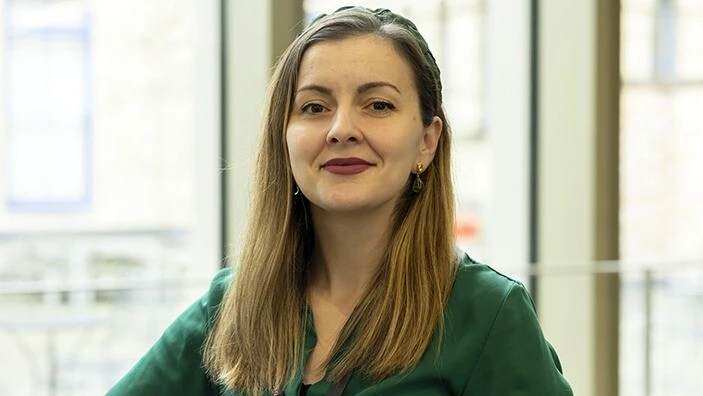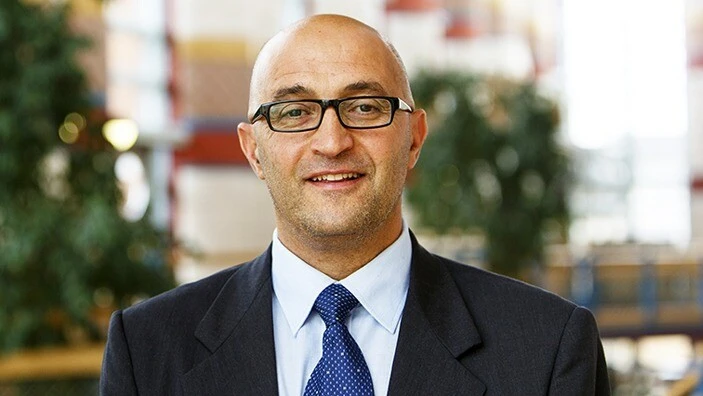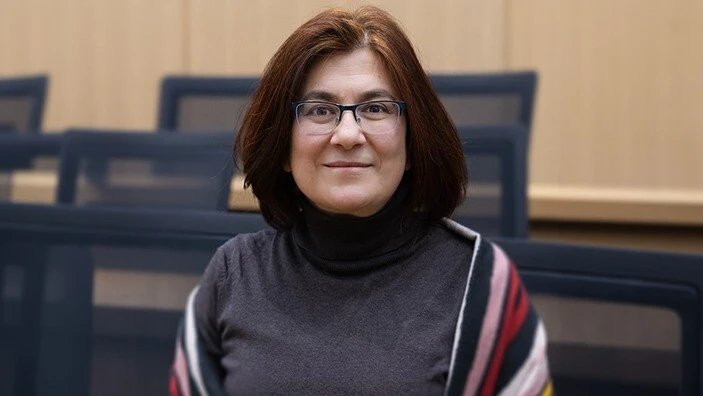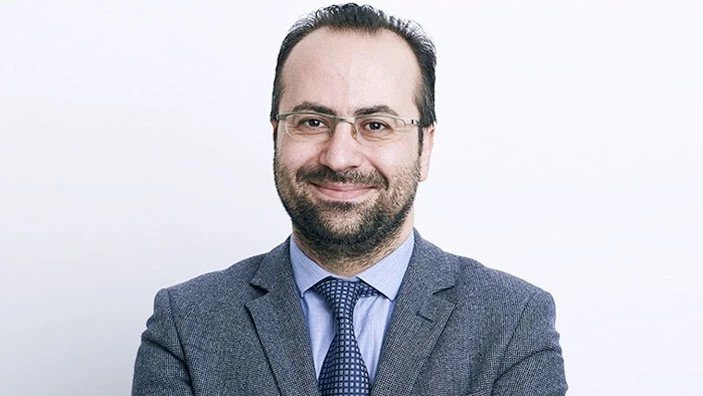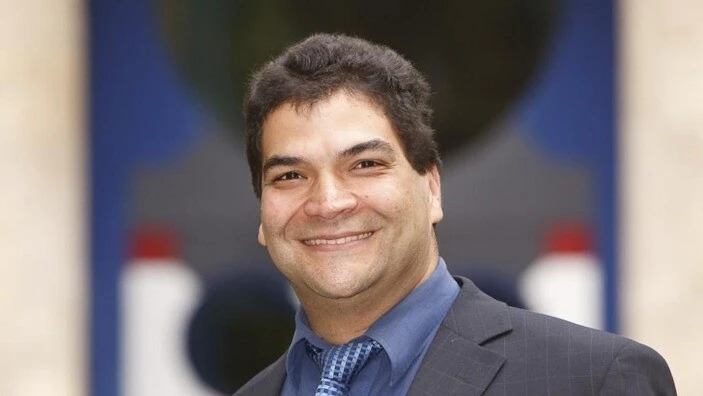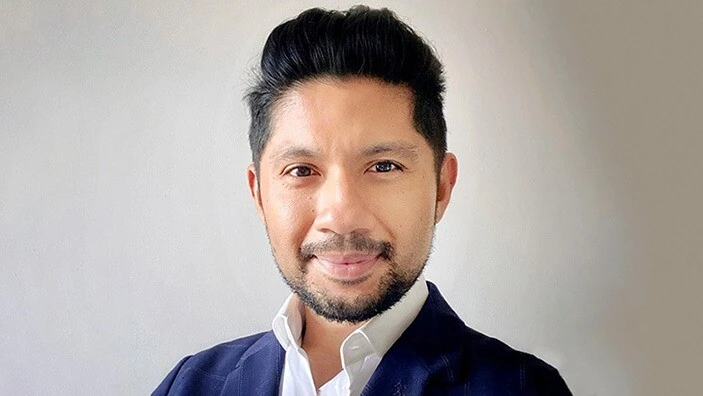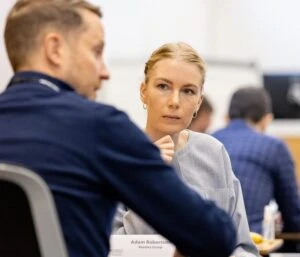Sustainability and Circular Economy
The Circular Economy model requires firms in different sectors across the value chain to integrate disruptive technology and design business, and financial models that are based on longevity, renewability, reuse, repair, upgrade, refurbishment, serviceability, capacity sharing, and dematerialisation.
Upcoming programmes
Format:
Dates:
Duration:
Fees:
Face-to-face
1-3 Jul 2025
3 days
£4,550 + VAT
Upcoming programmes
Format:
Face-to-face
Dates:
1-3 Jul 2025
Duration:
3 days
Fees:
£4,550 + VAT
Overview
The Circular Economy model requires firms in different sectors across the value chain to integrate disruptive technology and design business, and financial models that are based on longevity, renewability, reuse, repair, upgrade, refurbishment, serviceability, capacity sharing, and dematerialisation.
Organisations still need consider cost management and control and evaluate the financial impact.
Despite the importance and potential benefits of the Circular Economy, the private sector is yet to adopt this new approach at either the strategic or the operational level, for many different reasons. Why we think of sustainability as a vision, the Circular Economy can be considered as an operating model to enable this vision.
Designed to introduce participants to the inextricable relationship between Circular Economy and Sustainability.
It is important for companies to establish a comparative analysis between a traditional economic model and a circular business model. This programme is designed to link the Circular Economy business model to strategy, operations, value chain, finance, and innovation and technology. The blended format of the programme enables delegates to start building onto their Circular Economy knowledge, being exposed to terminology, interviews, case studies and scenarios, to support their learning that take place during their live sessions.
Benefits and career impact
- Learn how to apply the principles of circularity to your business.
- Understand how can process innovation can facilitate and unleash cyclicality in your organisation.
- Learn and assess the difference between a traditional economic model and the Circular Economic model in achieving sustainability goals.
- Assess your organisation’s sustainable investments.
- Learn and assess the difference between a traditional economic model and the Circular Economic model in achieving sustainability goals.
- Learn how to build and nurture a Circular Economy culture within the organisation.
- Access to post-programme strategy implementation support.
My name is Professor Khal Soufani, and I’m a Professor of Financial Economics in the Economics and Policy group at Cambridge Judge Business School. My research interest is in the area of the economics of sustainability and the circular economy. In addition to that, I have interests in the growth and development of small, medium-sized enterprises and their contribution to economic growth in general.
This programme is aimed for middle to senior-level management who are contemplating or exploring the possibility of introducing sustainability strategies. In addition to that, exploring the circular economy as one of the key enablers to the sustainability strategies. Different types of companies in different sectors and different industries would benefit from that because a circular economy and sustainability literally applies to all sectors.
This is a very practical programme which links sustainability and circular economy to multiple areas of business, such as operations, finance and investments, strategy, supply chain, and digitalization of the circular economy, as well as sustainability. You will have the chance to explore these different concepts and different ideas in classroom settings. But in addition to that, we will have workshops, case studies and case analysis, as well as simulation when it comes to the implementation of strategies in general.
There are different aspects that we will introduce in this programme in terms of how we deliver it. There will be the traditional lecturing of concepts, of ideas. We will look at case studies, which we think is a very important format to literally introduce a subject and illustrate how different companies have achieved a sustainable outcome by permitting a circular economy.
Cambridge is a great centre of knowledge. For many, many years. Cambridge has been a place that disseminated great ideas, impactful ideas in different areas. And Cambridge University has the history for great science and great, impactful concepts. I look forward to seeing you on the programme. If you have any questions, please reach out to the team.
Find out more about the programme from our faculty, Khaled Soufani
The circular economy is considered as an important enabler to achieving sustainability outcomes and tends to help shape sustainability strategy. Understanding how the circular economy works and how it can be implemented is pivotal to the success of the sustainability vision and mission of companies, industries, sectors, and the economy at large.
Programme content
Four online micro-modules
The micro-modules have been designed to provide foundation and introductory knowledge to participants, enabling them to immerse themselves into the Circular Economy (CE) topic more efficiently during the face-to-face part of the programme.
Module 1: Circular Economy – macro, meso and micro perspective
- Establishing an overview of the different economic, social, technological, environmental, and regulatory disruptions, necessitating the adoption of the CE model to achieve a sustainable outcome.
- Establishing the importance of looking at different industries and sectors and the importance of the value chain in incorporating circularity.
- Connecting CE to the economic, financial viability of business performance, as well as evaluating the impact on efficiency and productivity, in addition to Corporate Social Responsibility (CSR) and Environmental, Social and Corporate Governance (ESG) requirements.
Module 2: Circular Economy in business operation
The module will firstly provide an overview of supply chain management, exploring its challenges and identify frameworks that can be used to overcome them. You will then explore whether the frameworks developed for forward supply chains can be applied to reverse supply chains, and we will discuss some of the unique challenges that reverse supply chains face. In the second half of the module, you will gain knowledge in business disruption and adaptation in response to economic shifts. Further, explore the rising importance of circularity and sustainability as disruptive forces and learn how successful organisations navigate disruption and emerge as winners in evolving markets.
By the end of this module, you will be able to:
- understand supply chain management fundamentals
- enhance your ability to manage supply chain processes efficiently
- navigate disruptions effectively and position your organisations for success in evolving markets
Module 3: Sustainable finance within Circular Economy
This session will outline the key principles of impact investing and its role in capital allocation decisions in achieving long-term sustainability objectives. We will start by looking at the key metrics in assessing financial returns and how we can relate them to ESG considerations.
By the end of this module, you will be able to understand:
- the characteristics of sustainable finance
- how impact investments are measured
Module 4: Digitalisation, technology and innovation for Circular Economy
In the first part of the module, you will explore the circular transformation and its alignment with information. You will dive into how digitalisation and the utilisation of intelligent assets empower businesses to embrace circularity, but also understand how to confront potential barriers and unintended consequences linked to digitalisation. In the second part of the module, you will explore digital innovation for the Circular Economy, uncover the intricacies of Business and Circular Economy Ecosystems, and decode the mechanisms driving value creation within these interconnected networks. This module provides a holistic view of circularity, digitalisation, ecosystem dynamics, and value creation, equipping participants to excel in today’s dynamic business landscape.
By the end of this module, you will be able to:
- gain a holistic view of circularity, digitalisation, ecosystem dynamics, and value creation
- identify and address potential barriers and unintended consequences associated with digitalisation efforts
Module 5: Starting up and scaling up – strategy development within Circular Economy
The module will allow the participants to see that you can build competitive advantage by putting circular economy and sustainability at the core of your strategy rather than having a “separate Circular and Sustainability Strategy”. The participants during the module will be revisiting the key underlying choices underpinning a great strategy through the lenses of Circular Economy and Sustainability.
You will understand:
- what is our ‘winning ambition’?
- where should we compete (and where not)?
- how will we win where we choose to compete?
- what capabilities need to be in place?
- what support systems do we need to steer progress?
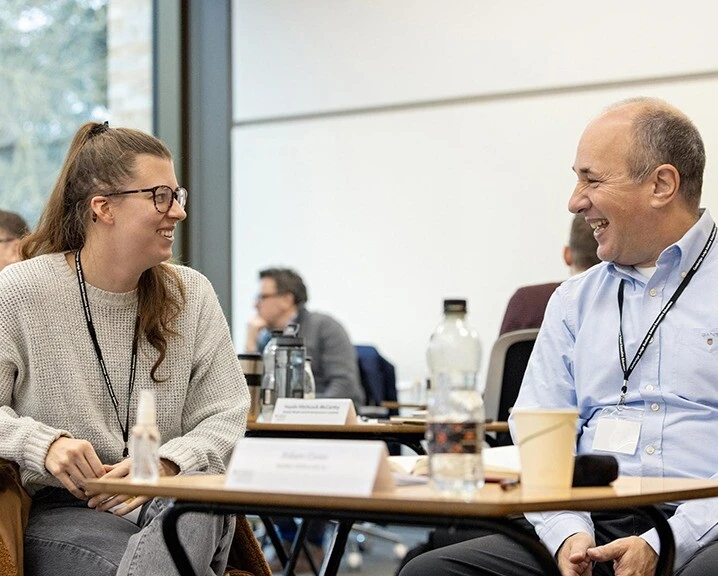
How you learn: Face-to-face
Learn the Cambridge Way. Face-to-face, you’ll enjoy a challenging mix of interactive learning with faculty and peers. Engage in lectures, debates, group work and discussion in a world-renowned centre of collaborative, cutting-edge knowledge creation. Sharing ideas and networking with your cohort, you’ll experience the strength of the enterprising Cambridge ecosystem, the most successful technology and innovation cluster in Europe.
Who attends
- Mid to senior-level executives who are interested in learning about the principles of the Circular Economy and its implications for their organisation.
- Mid to senior-level managers aiming to achieve business sustainability through innovative solutions and advance their carer and lead an organisation, and seeking to understand how the concepts of circularity and sustainability can be integrated into business strategy.
- Consultants, advisors, financial services executives, and government officials.
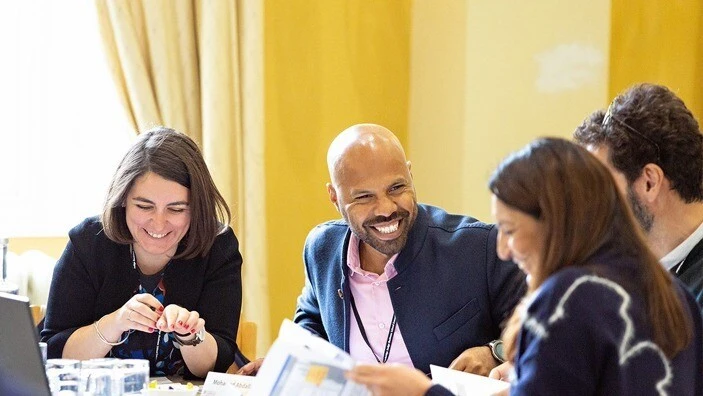
Thank you for a fantastic delivery of the Circular Economy programme. It was very informative and it certainly met my objectives and gave additional insight into impact investing and the financial case for a circular economy.
Faculty and speakers
Learn from our world-class faculty who bring fresh insights from their leading-edge research into all of our Executive Education programmes. The Academic Programme Director (APD) for the Sustainability and Circular Economy programme is Professor Khaled Soufani.
Director of the Cambridge Executive MBA Programme
Director of the Circular Economy Centre (CEC)
Academic Director of the Wo+Men’s Leadership Centre
PhD (Graduate School of Industrial Administration, Carnegie Mellon University)
Director of the MPhil in Finance Programme
Co-Director of the Centre for Endowment Asset Management (CEAM)
Vice-Dean for Strategy and University Engagement
PhD (University of Cambridge)
Samsurin holds an honorary title from Cambridge Judge Business School.
Why Cambridge Judge Business School?
Related programmes
Sustainability and Circular Economy belongs to our Environmental, Social and Governance (ESG)-topic executive education programmes. Here is a selection of related programmes:
Circular Economy and Sustainability Strategies
Understand the business case for sustainability and learn to drive innovation through circular economy principles and impactful solutions.
Diversity, Equity and Inclusion: DEI Strategies for Business Impact
Gain a solid understanding of diversity, from the different types of diversity and why diversity matters to related opportunities and obstacles as well as successes and failures.
Environmental, Social and Governance Leadership: A Pathway to Business Sustainability
Explore consumer, stakeholder and competitor issues surrounding ESG on this 4-day programme.
Speak to a programme advisor
If you have any questions or would like to discuss how this programme could benefit you or your organisation, please get in touch with the programme advisor.
